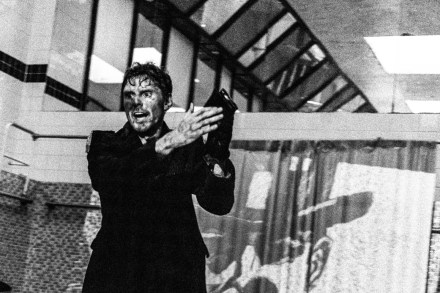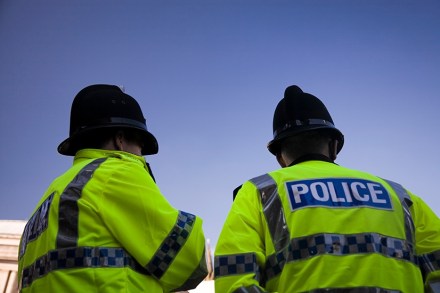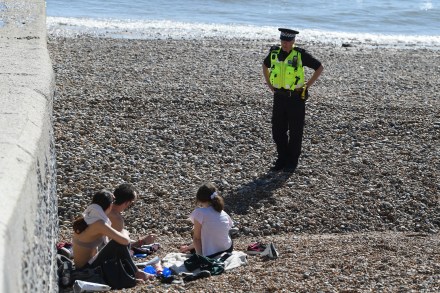What Unicef doesn’t understand about police and tasers
Use of force isn’t like the movies. It’s often messy, frightening and it can go sideways very quickly. I vividly remember my first arrest as a volunteer police officer, surrounded by jeering teenagers in a seaside amusement arcade wrestling on the ground with a completely non-compliant powerfully built kid. When we eventually got the cuffs on him, it turned out he was deaf and most of his resistance was because he couldn’t understand my repeated attempts to negotiate with him. As head of security at HMP Wandsworth, I recall standing in the centre supervising an entirely correct and proportionate restraint and relocation of a prisoner. All the staff were white. The


















